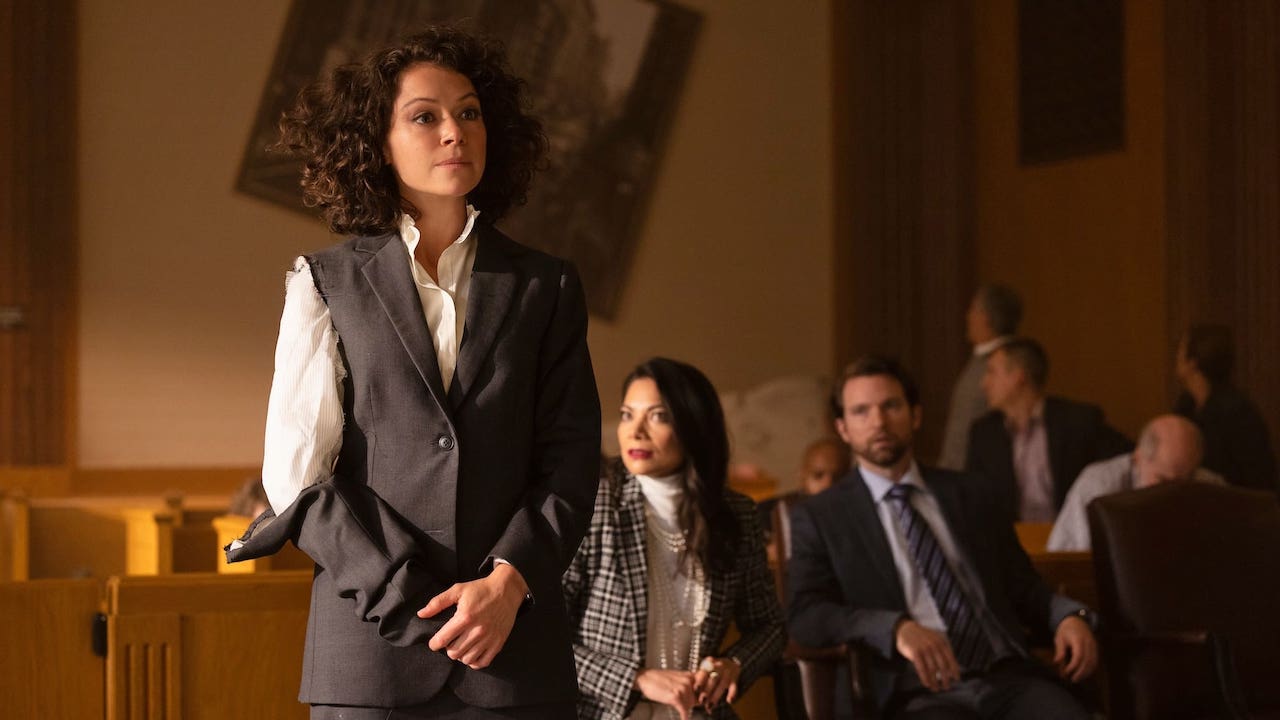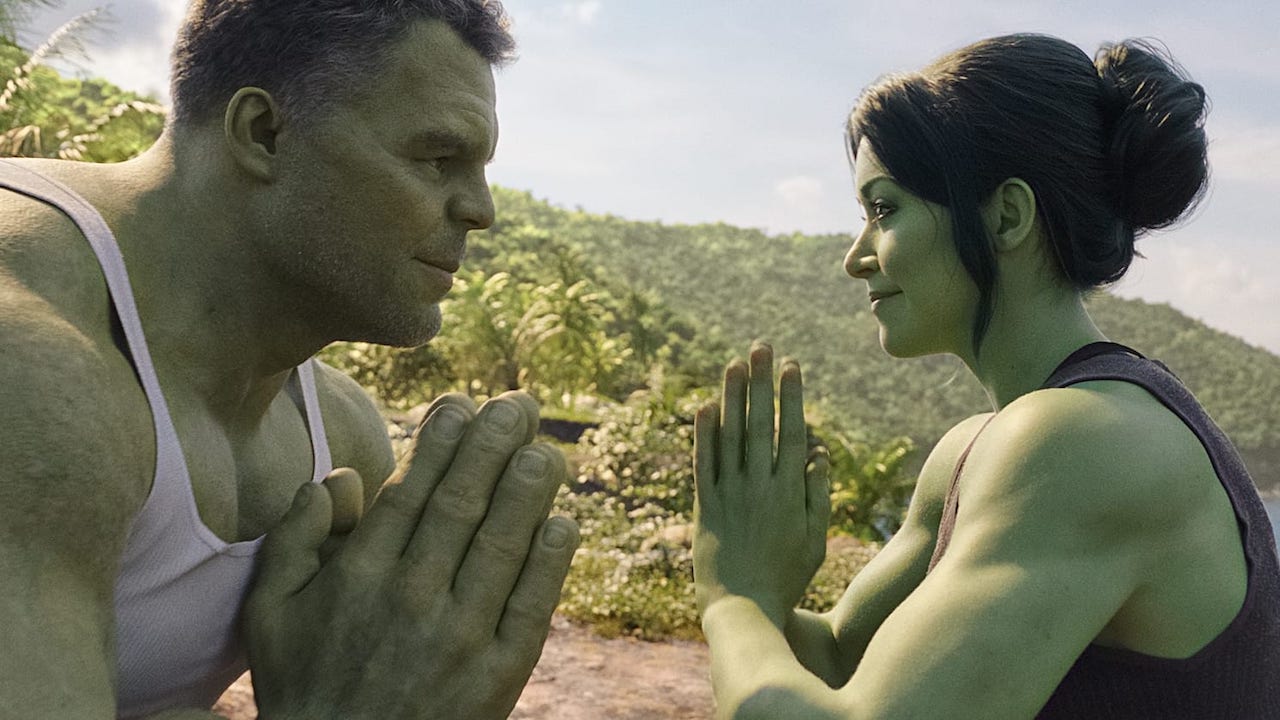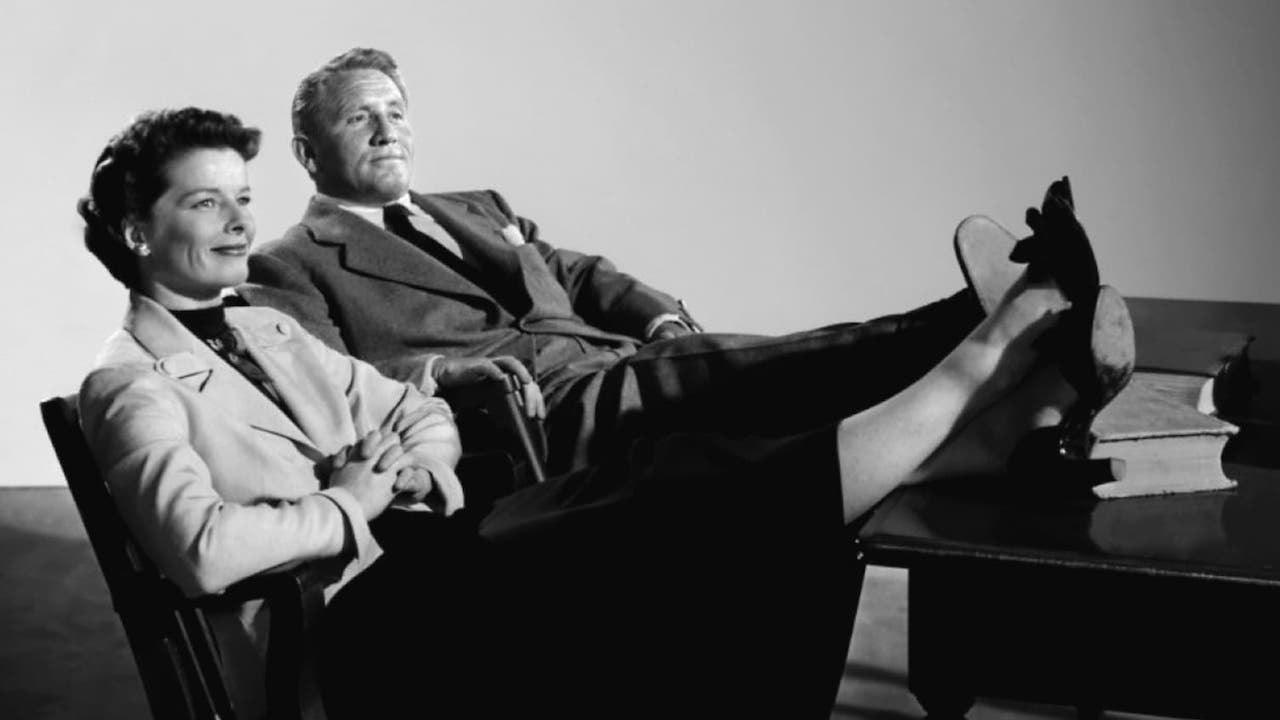As a show about female empowerment, She-Hulk: Attorney at Law is less progressive than a 1940s movie

Instead of inspiring viewers with a message about female empowerment, She-Hulk: Attorney at Law is a regressive and risk-averse comedy, writes Luke Buckmaster.
Objection, your honour: the defense attorney is a bland green faux superhero and her new series is another witless and unimaginative Marvel production. Ordinarily I might say that She-Hulk: Attorney at Law feels directed by algorithm, but that turn of phrase doesn’t augur so well during the age of mind-blowing works from the algorithmically-powered Dall-E and Midjourney.
Instead it feels directed by nobody and nothing, squandering the opportunity for campy fun implicit in an inherently silly premise about a lawyer, Jennifer Walters aka She-Hulk (Tatiana Maslany), whose life is interrupted by an unwanted passageway into superheroism. Or at least superabilities.
You’d think the show’s creator and co-writer, Jessica Gao, would take its message of female empowerment seriously, at the very least presenting the protagonist as a person who exists on her own terms, for her own purposes, fighting her own battles. The series could have begun with Jennifer working the courtroom and wowing the jurors, establishing her as a formidable presence: the kind of person who doesn’t need a man to hold her hand, and certainly not to provide a lecture about managing her emotions.
The opening episode is tuned to this logic for approximately five seconds, beginning with Walters monologuing about the need for the jury to come down hard on misuse of power because “those with the most power have the most to answer for”. A slow zoom-out reveals she’s merely practicing the speech to two colleagues, implying amateur hour: one step up from Legally Blonde‘s klutzy lawyer.
One of the pair—a man—asks her to let him do the closing address, his ribbing intended to indicate the show’s feministic perspective. The other—a woman—is ridiculously pandering, as if she were encouraging a child (“You win the case…that was so good!”, she says, but the show isn’t being facetious).

The writers—who have an annoying tendency to snack on Fleabag-style fourth wall-breaking, sans its wit and flair—can’t seem to stomach the idea that Jennifer might exist independently of a man, so they quickly parachute in her famous cousin Bruce Banner (Mark Ruffalo). He is of course the actual (as in male, because men are the Real Deal, and don’t need a gender pronoun) Hulk, here assigned a mentor role, coaching Jennifer on how to manage her multiple selves and delivering variations of the “great power, great responsibility” spiel.
The protagonist initially reacts like a dismissive teenager but quickly comes around. “Teach me how to Hulk, please”, she says, though this doesn’t entirely make sense, given Jen “doesn’t have an alter ego” and appears to be in perfect control even when green. This dilutes the original Jekyll/Hyde metaphor, shifting from the idea of rage boiling inside all of us to the meeker issue of anger management. Jennifer and Bruce go on a mindfulness retreat, crossing their legs and practicing sangfroid, in scenes that make you wonder whether the series will ever show the titular attorney at law actually at work.

It visits the courtroom briefly at the end of the first episode, but only to demonstrate Jennifer’s ability to transform into She-Hulk, taking down a supervillain who crashes through the wall. This catalyses the plot, with Jennifer fired in episode two (an improvement on the first, but not dramatically) then hired by another firm to defend Emil Blonsky aka Abomination (Tim Roth). This case is “personal”, because Abomination tried to kill Bruce. All the roads in her life—personal, professional, spiritual—return to Banner; the sassy woman is nothing without the wiser, purer man.
I’m not saying the series shouldn’t have incorporated Banner into the narrative but the framing isn’t right, reducing the protagonist’s agency and implying she’s a physical and mental consequence of someone and something else. When entering spaces with complex, deeply entrenched historical and social biases—such as the oppression of women and prevalence of the patriarchy—narrative framing is important. There’s a reason why, in the classic 1949 “battle of the sexes” rom-com Adam’s Rib, the married lawyers who showdown in the courtroom, played by Spencer Tracey and Katharine Hepburn, are professional equals: the prosecution and defense respectively.
But in Adam’s Rib the case itself—involving a woman non-fatally shooting her philandering husband—is cleverly and progressively framed by Hepburn’s Amanda Bonner (and by turn the film) as being about double standards. Early in the runtime, Amanda asks a colleague what she thinks of a man who is unfaithful to his wife, to which she responds: “not nice”. Amanda asks the same question with relation to a wife being unfaithful, and the answer is: “terrible”. Quizzed about the double standard, her colleague responds with a shrug of the shoulders: “I don’t make the rules”.

More than 70 years later, this double standard remains entrenched, and is the kind of topic crying out to be explored in a series about female empowerment. In the first four episodes available to the media, however, there’s nothing to suggest She-Hulk is genuinely interested in expanding the conversation, let alone challenging the status quo.
Unprepared to provoke, challenge or inspire, the Marvel conveyor belt once again rolls out homogenized goop. In this instance they deliver a production much less interesting, imaginative and progressive than a film made in the 1940s.
















